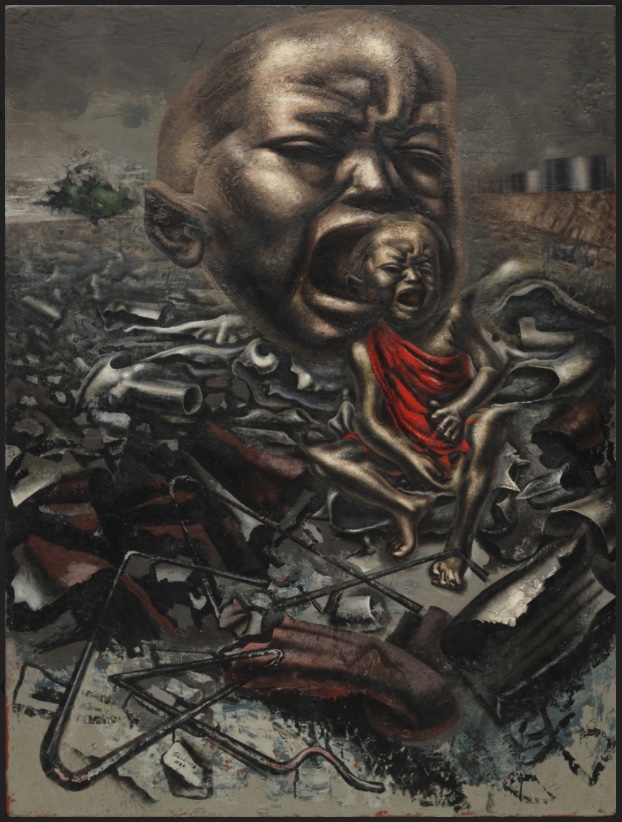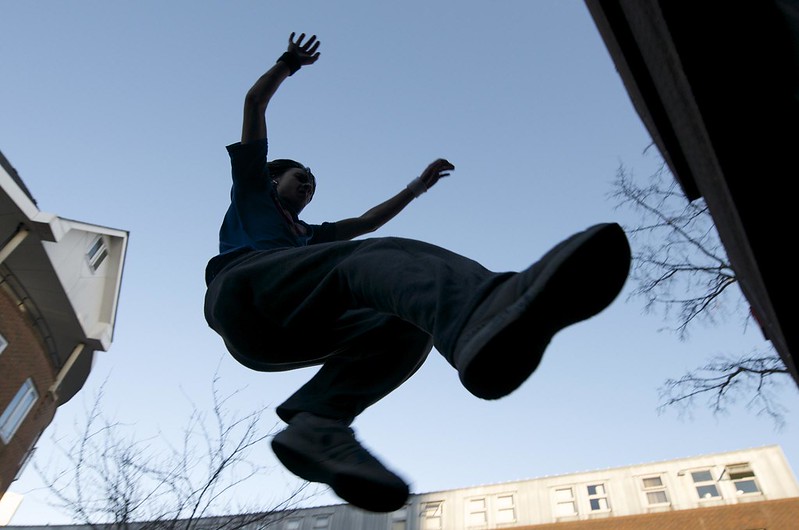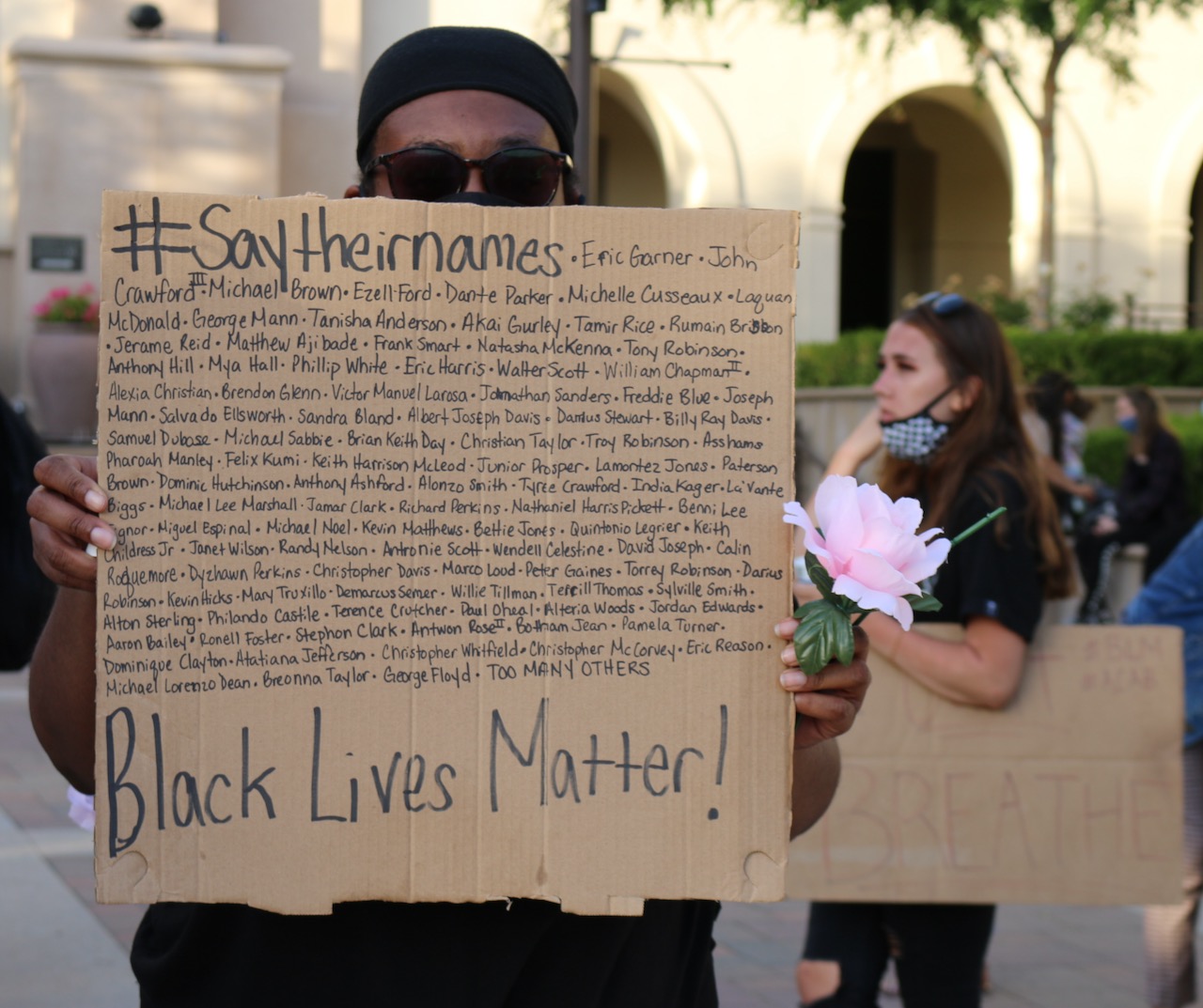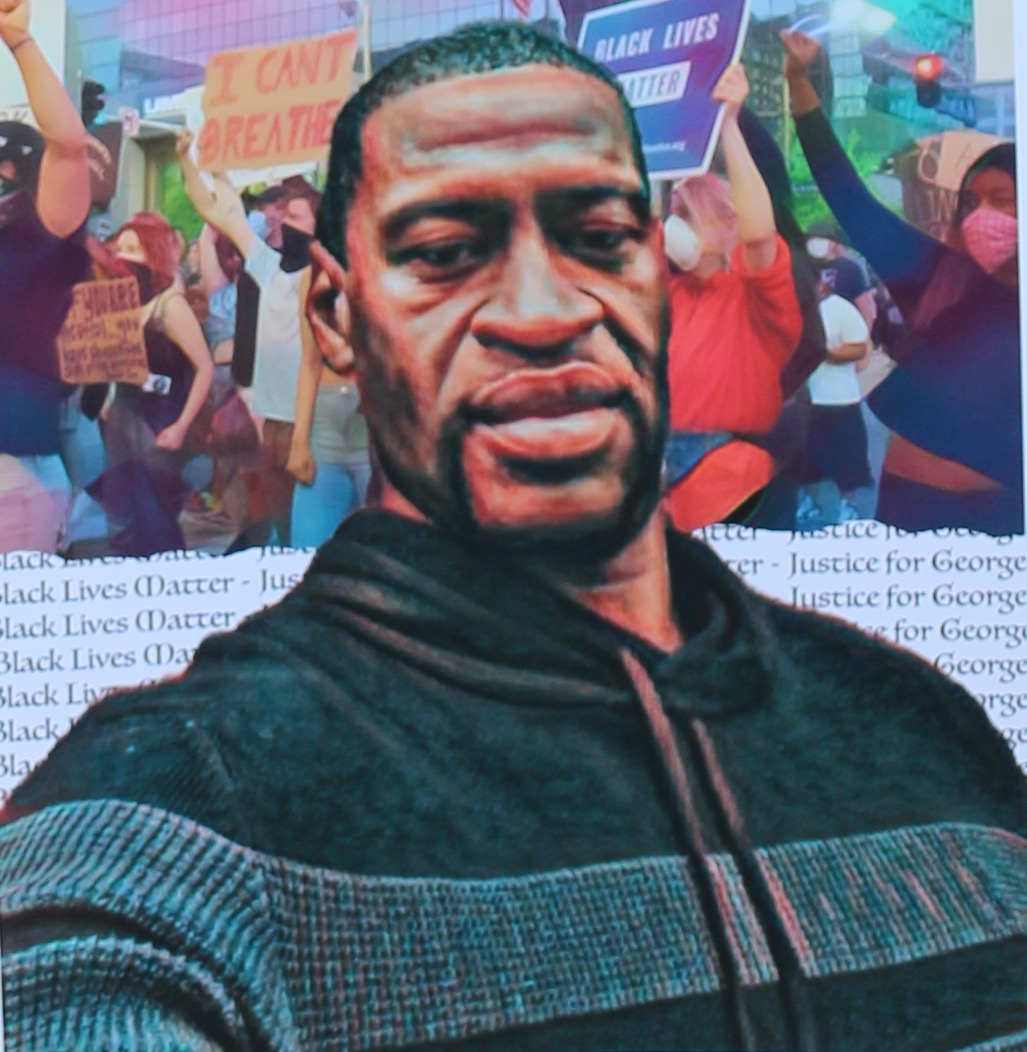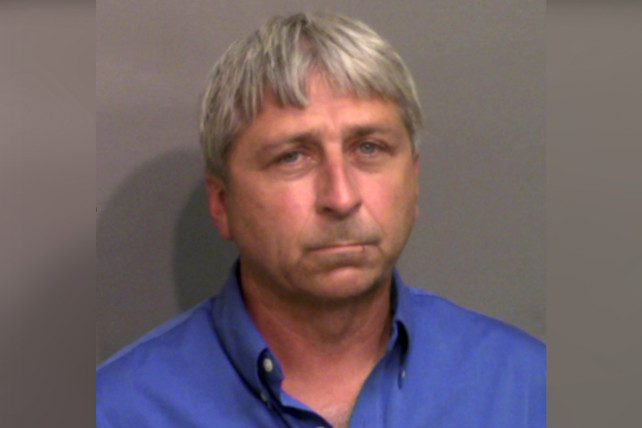The Hold
By Pat Andrus
For Sandra Bland, Breonna Taylor, Michael Brown, George Floyd, seven-year-old Aiyana Mo’Nay Stanley-Jones, Eric Garner, Dante Parker, Atatiana Jefferson, ninety-two-year-old Kathryn Johnston . . .
A broken baton
a dead rat
5 jailers with guns.
How the life loses its state
of pure being.
How a bone breaks
and one rose falls.
I live in my own isolation
chosen, without blood
smeared on my dreams.
And the color of weak
is a white picket fence,
a story painted with
craven words
and a rule
of division and
unequal equations.
Can the body
find its healing laws?
Can a language
bandage the sores
of a society’s broken moons?
The colors of red
and brown
and yellow
make possible for mended wounds
if the dam finally breaks
and washers clean
the bottoms of
twisted stories and
fallen guns,
of cracked memories
trying to bandage
a lie in
the histories of the burning white suns.
Pat Andrus, having just completed her third work of poetry Fragments of the Universe (but right prior to the pandemic), has fully settled into her new home, San Diego, California. An instructor for several years at Bellevue College outside Seattle, Andrus also served two years as an artist-in-residence for the state of Washington. She also was fortunate to study modern dance with Seattle-based choreographers and with choreographer Debra Hay for a four-month residency. Today you can find Pat co-coordinating two monthly Poetic Legacy Workshops with Christophver R, sharing her works with San Diego State University MFAers at the Wine Lovers monthly, singing with her spiritual center’s choir, and giving support when financially possible to Voices of our City and Border Angels.
Photo by Oscar Helgstrand on Unsplash .


